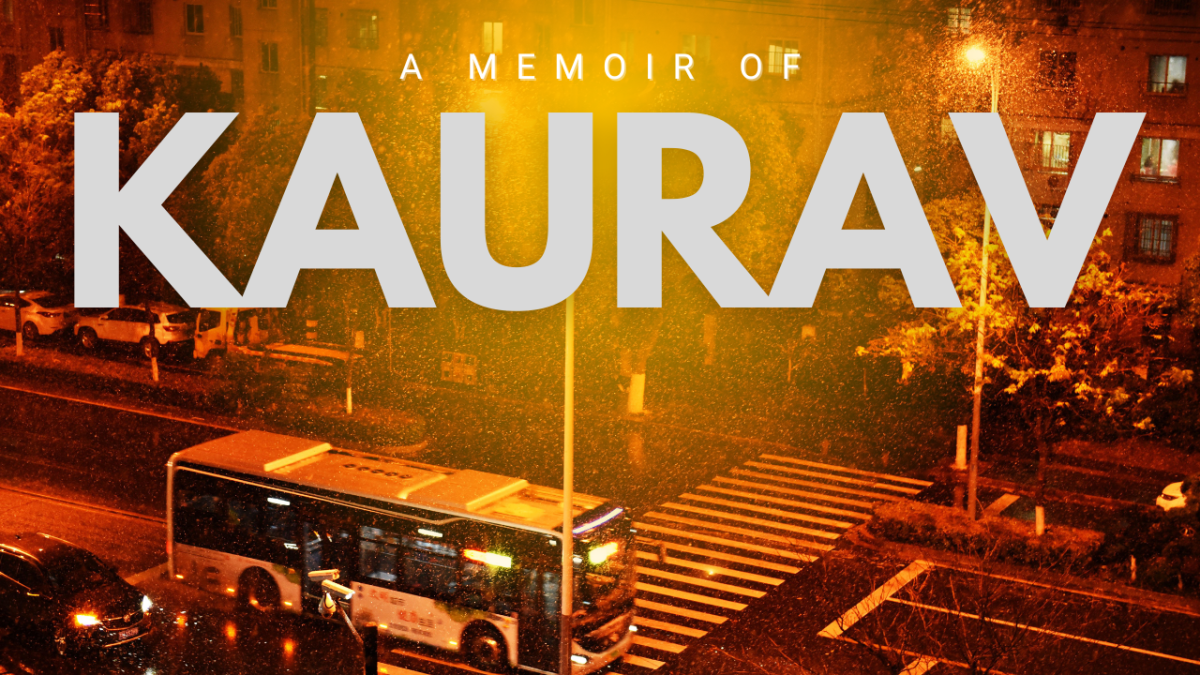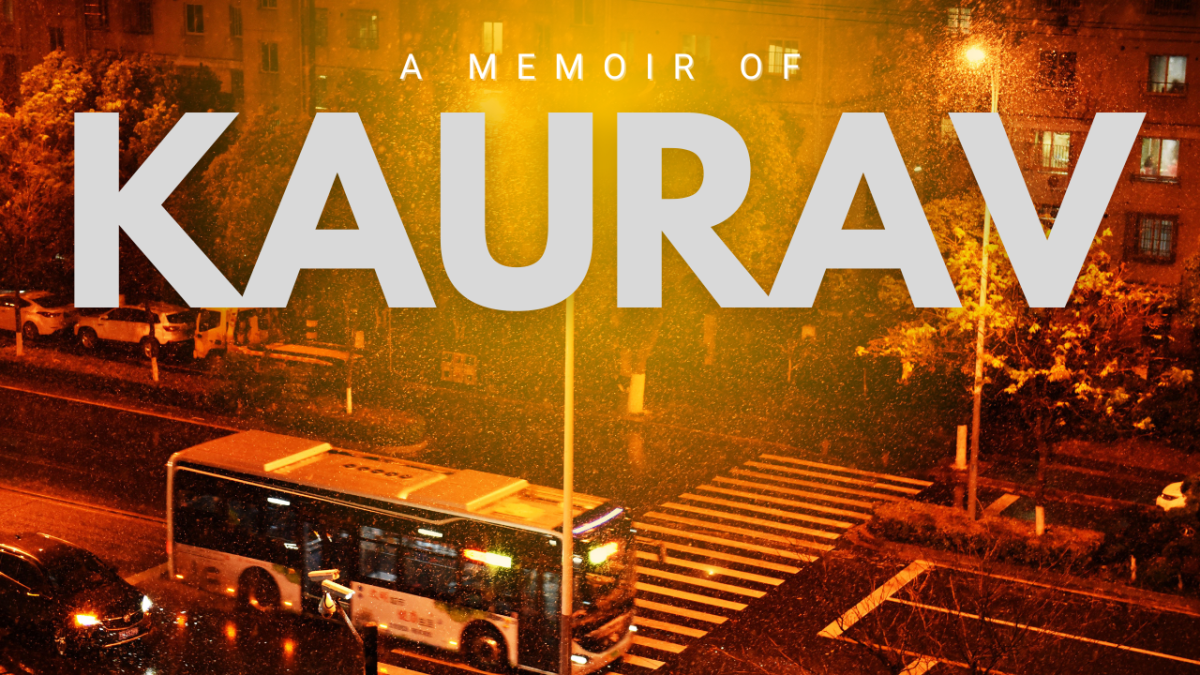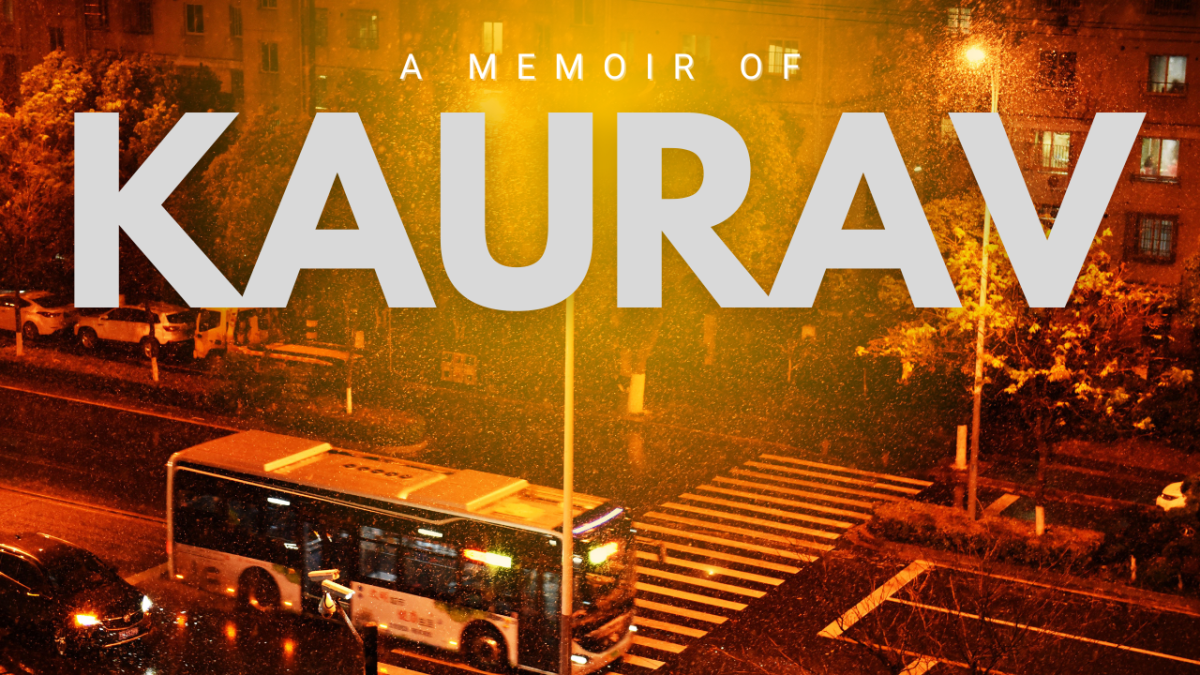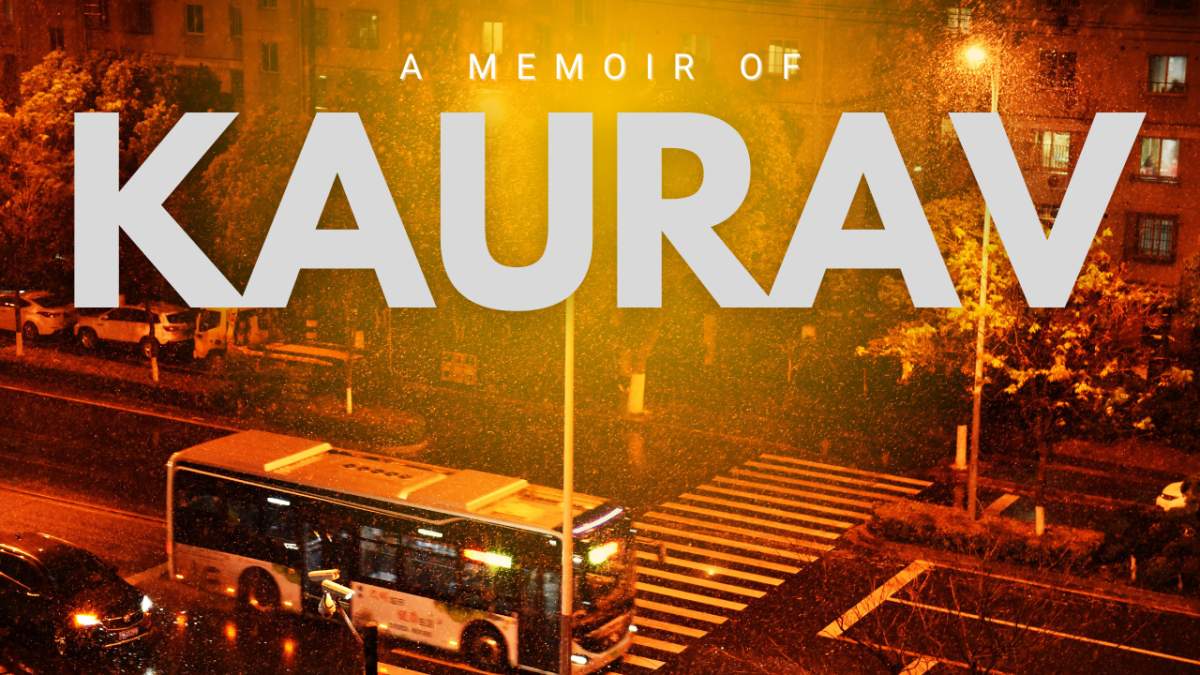Chapter 4: The Question Without Answer
The discomfort had lasted for hours after that first viewing, a persistent ache like hunger or homesickness. As a citizen of the digital age, "C Sharp C Blunt" had struck him where he lived, but as an artist, it had wounded his pride more deeply. He had never conceived of such work—theater that could make an entire audience reach instinctively for their wallets, that could transform the ancient art of performance into something that spoke directly to contemporary fears.
The doubt had crept in slowly, then consumed him entirely. Was his own work relevant? Did it matter? The entire artistic approach of Kolkata—his city, his cultural inheritance—suddenly seemed both grandiose and provincial, like a regional king who had never seen the capital. He had watched the play two more times: once at the Met in Delhi, once at the Goethe-Institut in Kolkata. Each viewing had deepened the wound.
The desire to write something of that caliber had been growing within him for days, a restless ambition that made him question everything he thought he knew about his craft. But Kaurav understood, even in his frustration, that he had not yet faced the real struggles that produce such work. To write with that kind of urgency, one needed desperation—the kind that comes only from having encountered life's harshest truths about power and survival.
He had tried to articulate this to Ronida during one of their conversations, pacing restlessly as he spoke: "I am still indifferent to my responsibilities. I haven't understood this era yet. I don't know what I should write. Why should I learn about what happens to me every day by watching it on stage?"
Ronida had listened with the gravity of a teacher who recognizes a student's crucial moment of development. But beneath his solemn expression, Kaurav could sense a deep satisfaction. The director understood that the play's success lay precisely in this—it had achieved that rare thing called art, work that changes those who encounter it.
His response had been characteristically cryptic: "Just stay. Your language and medium will guide you to your work."
Kaurav hadn't fully grasped the meaning then, lost as he was in imagination and the desire for immediate transformation. He was still young enough to believe that understanding could be willed into existence.
Wind seeped through the imperfect seal of the bus window, carrying with it the scent of Karnataka earth and something else—the approaching change of season, perhaps, or simply the smell of distance traveled. The wind had a name now, everyone said. Modi. The country was full of such naming, such personification of forces that had once been simply weather.
Through the fogged glass, the moonlight lay shameless and exposed across the landscape. Trees seemed to bend and twist, seeking shadows in which to hide their faces from such naked illumination. The sky appeared to be opening, meteor after meteor blazing across the darkness as if in some final consummation with the moon, causing the stars to lose their gravitational bonds and tumble toward earth.
Kaurav felt himself to be the progeny of that moon, destined to be born as Mercury from the womb of falling stars. The bus moved forward through this unashamed moonlight, and in that moist glow, he seemed to slip and slide away from himself. Inside the vehicle, Hindi songs filled the air with their comfortable noise. Inside his consciousness, a heavy silence reigned, broken only when someone—or something—seemed to open the gateway of his Sushumna, that central channel the yogis spoke of where breath becomes spirit.
A deep sigh swept through him, carrying away memories and entering that space where identity dissolves.
He remembered Ronida's question from that first workshop, the one that had started everything: "Who are you?" That was where he had first heard Kabir playing—not for any production, not for any audience, but for himself alone. What raga had it been? He had never been able to identify it, knew only that the melody had drained away his entire sense of self, leaving him without strength to resist its pull.
Oh God, he had thought then, is this what art is? Is this the cherished earning of the day?
In response to Ronida's fundamental question, Kaurav had remained silent. The young man who usually had an answer for everything found himself speechless before life's most profound inquiries. This was how growth happened—not through answers, but through the deepening of questions.
The window beside him was fogged with condensation, and beyond it, the Karnataka night continued its patient revolution around the bus carrying twenty-five souls toward their next performance, their next attempt to transform empty space into meaning.



Comments (0)
Rate this Article
How do you feel about this article?
Comments (0)
No comments yet
Be the first to share your thoughts!
Join the Discussion